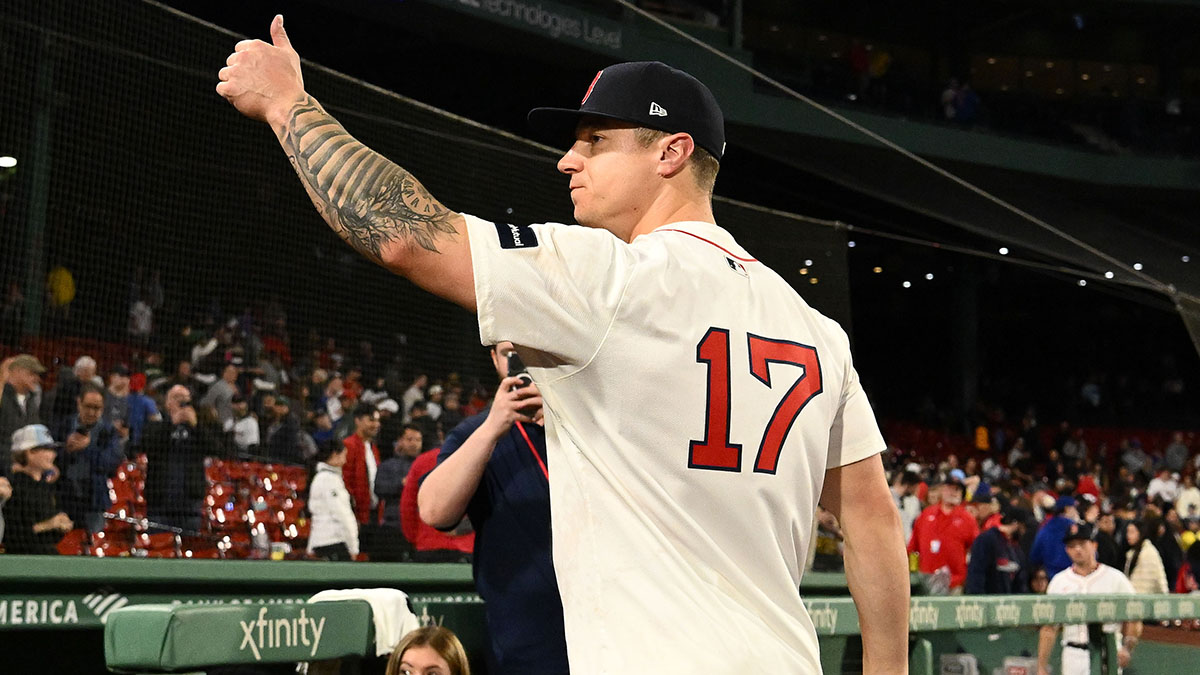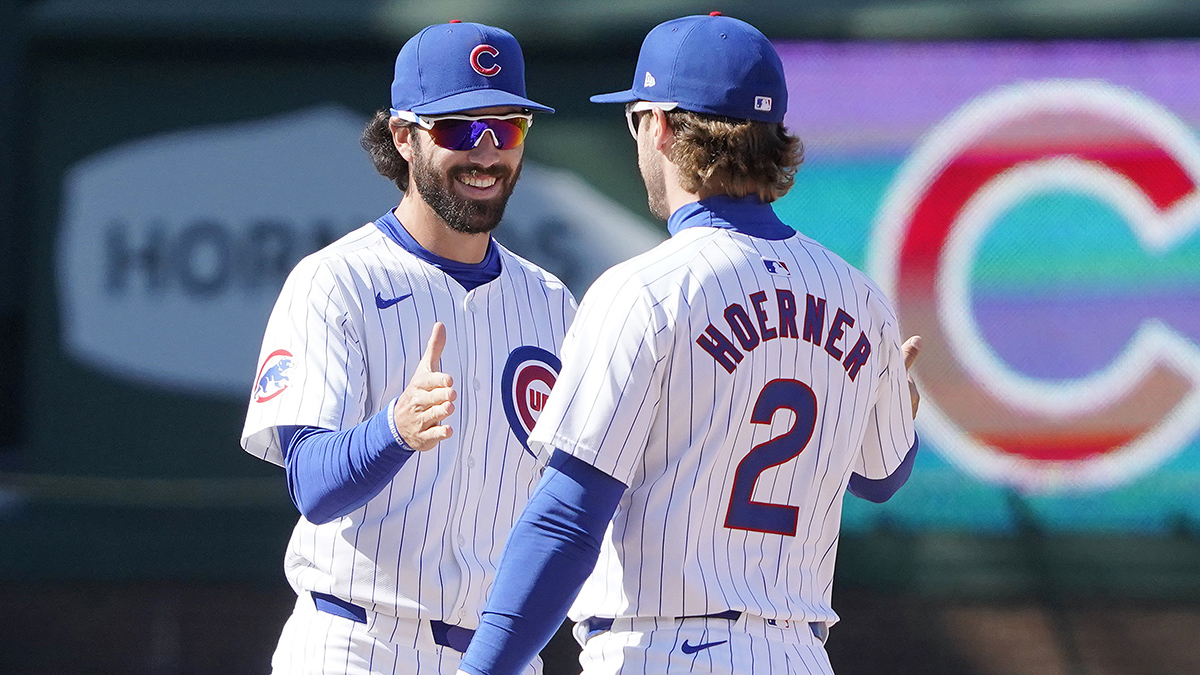
Count former Houston Astros manager Phil Garner as someone who believes Roger Clemens never took performance-enhancing drugs and should be in the Hall of Fame.
He managed Clemens in Houston from 2004 to 2006. He also managed Craig Biggio and Jeff Bagwell, two more players who are Hall-of-Fame eligible but can't get voted in.
Garner joined my daily I'm Just Sayin' sports-talk webcast on Thursday -- one day after the announcement that nobody would be elected into the 2013 Hall of Fame class. And he came to the defense of Biggio, Bagwell, and Clemens.
"It's unfortunate that everybody gets thrown under the wagon on that deal," said Garner. "It's unfortunately the way it is, and it's a shame because there's guys that deserve to go into the Hall of Fame.
"You can start with Craig Biggio," added Garner. "I think that everybody would consider him a Hall-of-Famer, and he'll get into the Hall of Fame. Now you may debate whether you think he's a first-ballot Hall-of-Famer or not. But don't not pick him because you're throwing everybody in the group of the era when some players used PED's."
Biggio -- in his first year on the ballot -- was the closest player to getting into the Hall of Fame on Wednesday, receiving 68.2 percent of the vote. But 75 percent is needed.
Meanwhile, Bagwell -- in his third year on the ballot -- received only 59.6 percent of the vote. Garner expressed his frustration with hearing voters link Bagwell with steroids by saying, "Where there's smoke, there's fire."
Boston Red Sox
"And I'm saying, 'Wait a minute.' There was absolutely no proof," said Garner on Thursday's show. "There was never anything written about Jeff Bagwell in any of these reports. His name was never mentioned. Why would you put him into that category?
"That's a bunch of crap, is what it is. And it's just not right."
He also doesn't believe it's right to keep Clemens - who received 37.6-percent of the vote in his first year on the ballot - out of the Hall of Fame.
"Clemens was an unbelievable, productive player for over 20 years," said Garner. "So you've got to put him in the Hall of Fame for that, if you're talking to me.
"In Roger's case, he's definitely a Hall of Famer, and he should be in the Hall of Fame."
Garner testified at Clemens' second perjury trial, claiming that he "outsmarted" teams when he had lost his fastball at that point of his career. It's a major part of Clemens' continued success, according to both Garner, and former Boston Red Sox assistant general manager Steve August, who strongly defended Clemens on Wednesday's show.
But Garner saw that "outsmarting" first-hand, from 2004-2006, and began to turn his hate for Clemens into admiration.
"My experience with Clemens started way back when I was with Milwaukee and he was in Boston," said Garner on Thursday. "He would completely dominate us. And early in my career, and most of my career as a manager, I was so competitive that I built up a dislike against these guys that continued to beat us. It was a general dislike because it's a competitive thing. I don't like anybody that just beats you into the ground every time you play them. And that's the way Clemens was.
"I never thought to sit back and just admire the way he pitched. He just dominated us all these years. So I was consumed in trying to figure out ways to beat Clemens, and we could not do it in Milwaukee. But as he moved onto Toronto and I watched him on TV and I would see film clips of him, I began to appreciate more of how he pitched."
Garner described how Clemens was well aware of the opposing lineup and the numbers each hitter had. He went into every start with a game plan. He knew the guys he could get out, and he would go after those specific guys.
"When I had him in Houston, and got to watch him on an everyday basis -- his skills had declined, there's no question about it," said Garner. "He couldn't move like he used to move. He didn't throw the ball nearly as hard as he used to. He didn't have the great splitter that he had. But he knew how to manage his game, and he pitched much, much smarter. He knew there were some guys that he was going to have trouble with. So he would pitch around him.
"The first few games when I managed him, I thought at some point, usually around the fifth or sixth inning when you're starting to see the hitters for the third time, I noticed he would walk some guys, he would go deep into counts. And at first I thought, 'Well, he's getting tired, and I'm going to have to get him out of the game. He was pitching well, so I'd leave him in. I found out what he was doing. He was pitching around guys and he was walking them intentionally. If they didn't swing at the pitches, they would walk. He might do that to two guys in a row, until he got to the guy he knew he was going to handle, and bam, he slammed the door on them. It'd be strike one, strike two, and the inning's over.
"So what you begin to appreciate about him was how he did those things, how he managed the game on the field and how he pitched to batters," added Garner. "It was a beautiful thing to watch."


